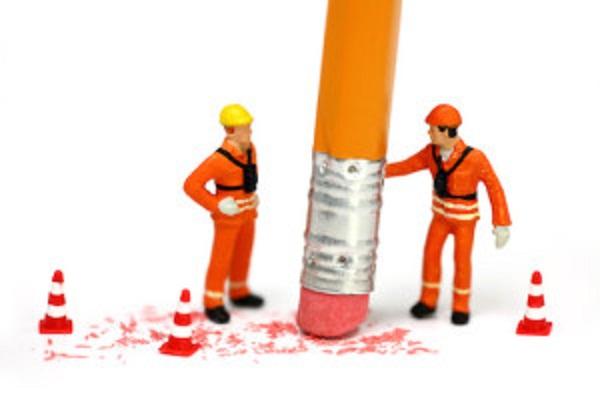McDivitt is here to answer this frequently-asked question: If you are injured on the way to work – who pays?
Workers’ compensation is designed to provide defenses to workers who are injured on the job. However, the coming and going rule means workers generally cannot collect compensation if they are injured while commuting to work, which limits the benefits of workers’ compensation in most states. The personal injury attorneys at McDivitt Law Firm are here to work on your behalf to ensure you receive justice for your worker’s compensation claims in Colorado.
The issue is whether the worker’s injuries occurred during the course of their employment. Injuries that arise while the employee is on the job are straightforward, but when the worker is driving to work and is involved in an auto accident, the issue becomes murkier.
As a general rule, an employee who is injured while traveling to and from work is not entitled to compensation under the Workers’ Compensation Act. However, exceptions to this general rule exist if special circumstances surrounding the employee’s injury reflect a causal connection between the conditions under which the work is to be performed and the resulting off-premises injury. Further, it’s the “totality of the circumstances” which must be considered in each case to determine whether there is a sufficient connection between the employment and the injury so that it may be said that the accident occurred within the scope of employment. So, while the factors listed below are applicable in determining whether a compensable injury occurred, the “totality of the circumstances” will ultimately dictate the outcome.
The following is a list of factors that can be argued to defeat the coming and going rule, which means in these cases, employees may be entitled to worker’s compensation benefits:
- An employee who drives a company vehicle to and from work or is reimbursed for travel expenses by his or her employer could be considered an exception.
- An employee who is on the premises of his or her workplace when the accident occurs could fall under an exception to the coming and going rule. As an example, a parking lot accident before an employee leaves the premises will probably be covered under Workers’ Compensation.
- Traveling salespeople who do not have set work hours, usually fall under an exception to the coming and going rule.
- An employee who drives from Point A to Point B—i.e., driving to multiple job sites within a shift, is considered an exception to the coming and going rule.
- An employee who is traveling specifically for his or her job, perhaps to a work-related class, or an overnight trip falls under an exception to the coming and going rule.
- Employees whose normal duties involve traveling—well beyond a simple commute to and from work—such as pilots, truck drivers, state troopers, bus drivers, etc., are generally covered under Workers’ Comp in the event of an auto accident.
- An employee who is sent on a special trip—which is generally unrelated to work—to do something for his or her employer is probably covered under Workers’ Comp in the event of an accident. As an example, if an employer sends his assistant to his home to let the exterminator in, and the employee is involved in an accident on the way or on the way back to work, this is probably an exception to the coming and going rule.
Under any of these circumstances, the employee is probably entitled to file a Workers’ Comp claim for the accident. However, employees who fall under the “coming and going” rule—those who are traveling on a public road, going to or coming home from work—may find an accident falls outside the course of their employment.
Most employees feel the commute to and from work is job-related. However, aside from certain exceptions, including those listed above, Workers’ Compensation benefits do not apply to injuries an employee sustains while commuting to and from work. Many employees feel the coming and going rule isn’t fair, particularly when you consider that an injury at a work-sponsored party—even if it is after-hours—or an injury at a weekend company picnic do fall under Workers’ Compensation.
If you have been involved in an auto accident that you believe should be covered by Workers’ Compensation, rather than the coming and going rule, it is important that you seek legal advice from McDivitt Law Firm to ensure your rights are fully protected.
Contact Our Colorado Worker’s Compensation Attorneys
McDivitt Law Firm has the experience and knowledge to tackle even the most complex workers’ compensation injury cases. You work hard for your employer and if you’ve been injured on the job you deserve both compensation and justice. There’s no need to navigate this difficult time alone when you have a dedicated team of attorneys from McDivitt Law Firm on your side. We’ve had immense success in getting adequate worker’s compensation to employees all over the state of Colorado with our offices in Denver, Aurora, Colorado Springs, and Pueblo. Our Colorado workers’ compensation lawyers know how to help our clients obtain the benefits to which they are entitled. Call us at (877) 846-4878 to receive a free consultation.


